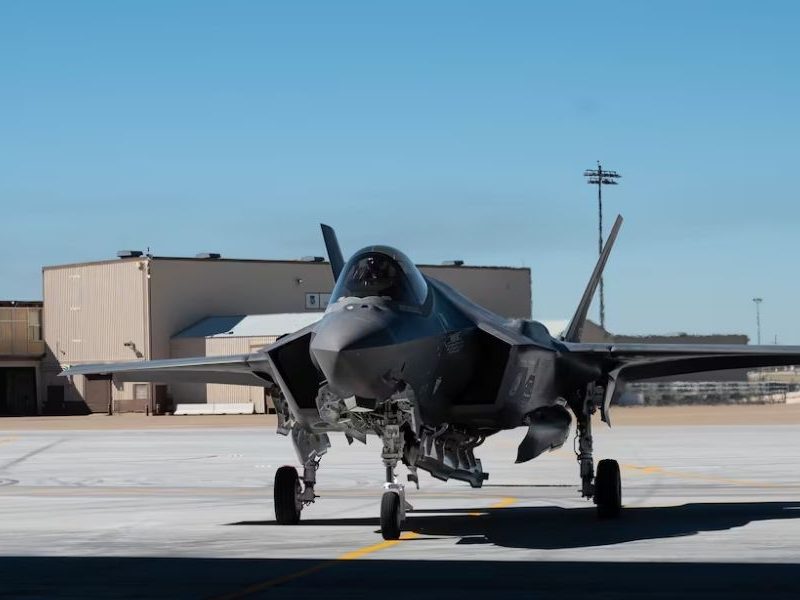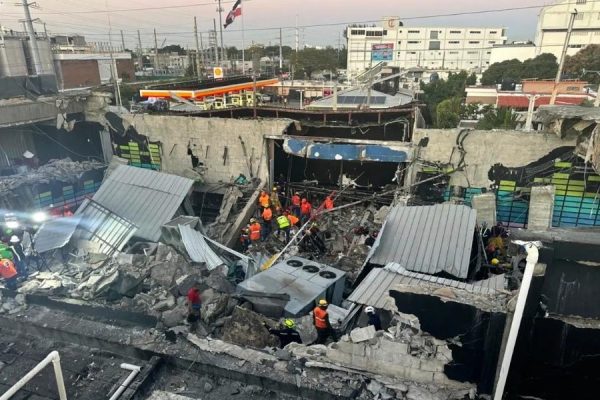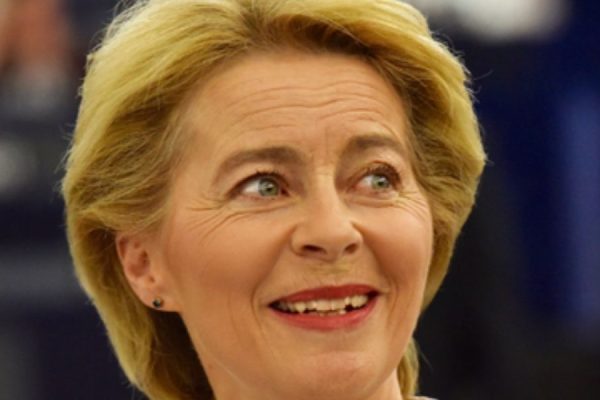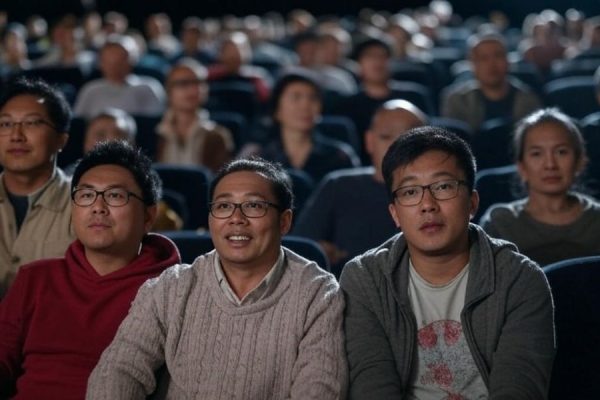SEOUL: South Korea will hold an early presidential election on June 3, 2025, officials confirmed this week.
Acting President and Prime Minister Han Duck-soo made the announcement on national media on Tuesday.
The move comes after President Yoon Suk-yeol was officially removed by the Constitutional Court last week.
This decision triggers the country’s 21st presidential election earlier than originally scheduled.
Authorities have declared June 3 a public holiday to allow smooth participation in the national vote.
Court’s Decision
On April 4, South Korea’s Constitutional Court upheld the impeachment of President Yoon Suk-yeol.
Yoon faced charges related to declaring martial law and deploying military forces to the parliament.
Following the ruling, the court ordered fresh presidential elections within 60 days.
This deadline led to the government scheduling the early vote for the first week of June.
The court’s decision officially removed Yoon from the presidency with immediate effect.
Candidate Selection
Political parties are now selecting candidates to contest in the early presidential elections.
Major parties are fast-tracking internal procedures to finalize their nominees.
Several prominent figures have emerged as potential candidates across party lines.
Campaign teams are preparing strategies to appeal to a divided and uncertain electorate.
Both new and seasoned politicians are expected to enter the race before official registration closes.
Acting President’s Role
Until a new leader is elected, Prime Minister Han Duck-soo will continue serving as acting president.
He assumed the role following Yoon’s removal from office by the top court.
Han addressed the nation, promising stability and transparency during the interim period.
He urged all institutions to cooperate for a peaceful and fair election.
His speech emphasized national unity and trust in democratic institutions.
Election Preparations
The South Korean government has begun preparations for the early election.
Officials have consulted with the National Election Commission and other concerned departments.
Efforts are underway to ensure transparency and fairness throughout the process.
The Election Commission will oversee ballot printing, voter outreach, and poll station setup.
Authorities have pledged to prevent any form of interference or irregularities.
Public Holiday Declared
To encourage voter turnout, June 3 will be recognized as a national public holiday.
Citizens will have the entire day off work to cast their votes without difficulty.
This decision aims to boost participation, particularly in urban working communities.
The move follows recommendations from civil society groups and electoral observers.
Transportation and polling centers will receive additional support on the voting day.
Political Climate
The impeachment has left the nation’s political atmosphere tense and uncertain.
Many citizens are concerned about the rapid transition of leadership.
Public reaction to the court ruling has been mixed, with both protests and celebrations reported.
Trust in political institutions has become a major topic in the upcoming campaigns.
Candidates are focusing on promises to restore stability and reform governance.
International Attention
South Korea’s political shift has drawn global interest and international media coverage.
Neighboring countries are closely monitoring the situation for its regional implications.
South Korea is a key economic and strategic partner in East Asia.
Changes in leadership could impact trade, defense, and diplomatic relations with other nations.
Observers say the new leader will face immediate pressure to address these global ties.
Next Steps Ahead
Candidates must register officially within the upcoming weeks as per election rules.
Voters will soon receive official election notices and polling station details.
Observers from various democratic institutions will monitor the election for fairness.
The country is now preparing for one of its most significant votes in recent years.












